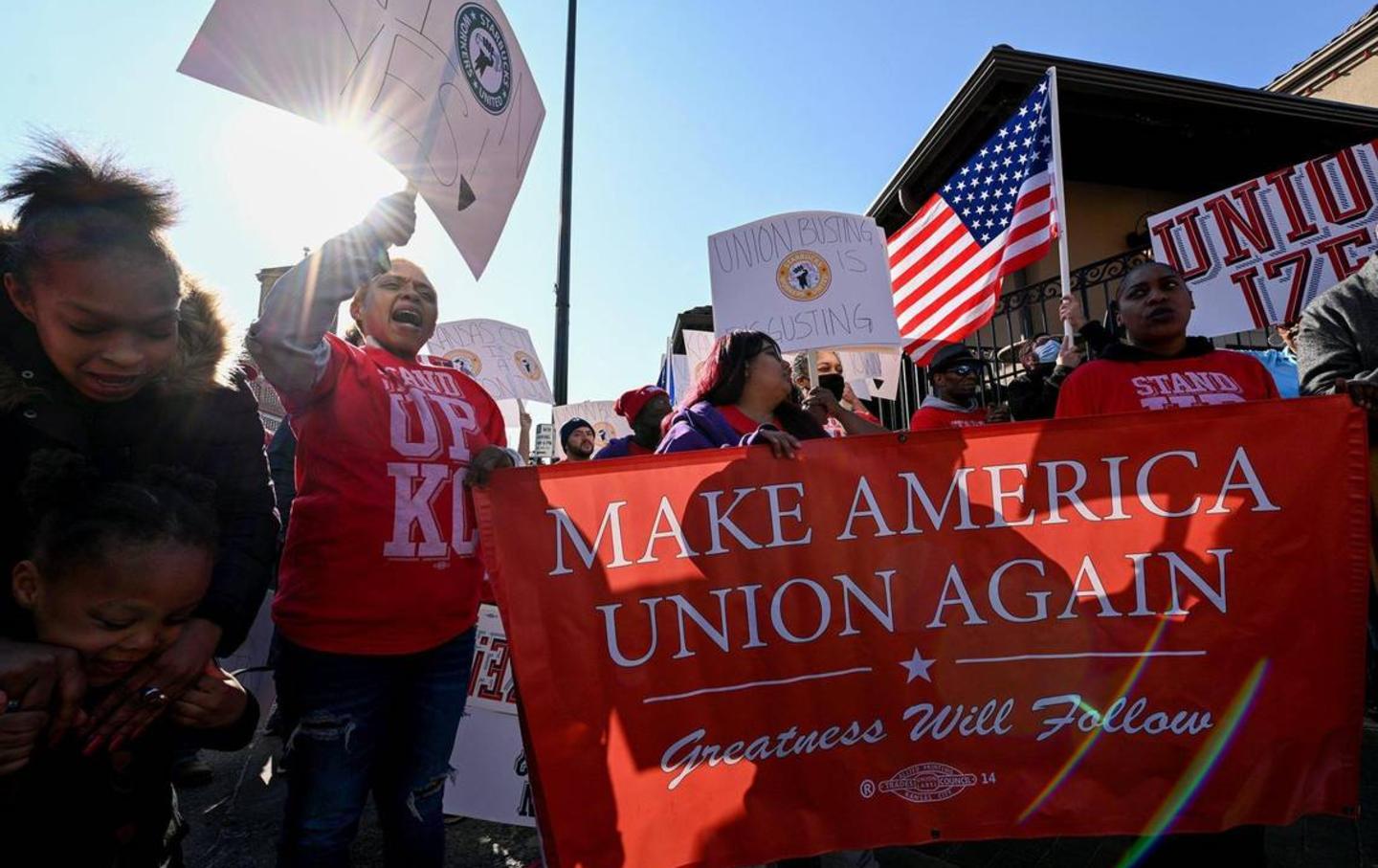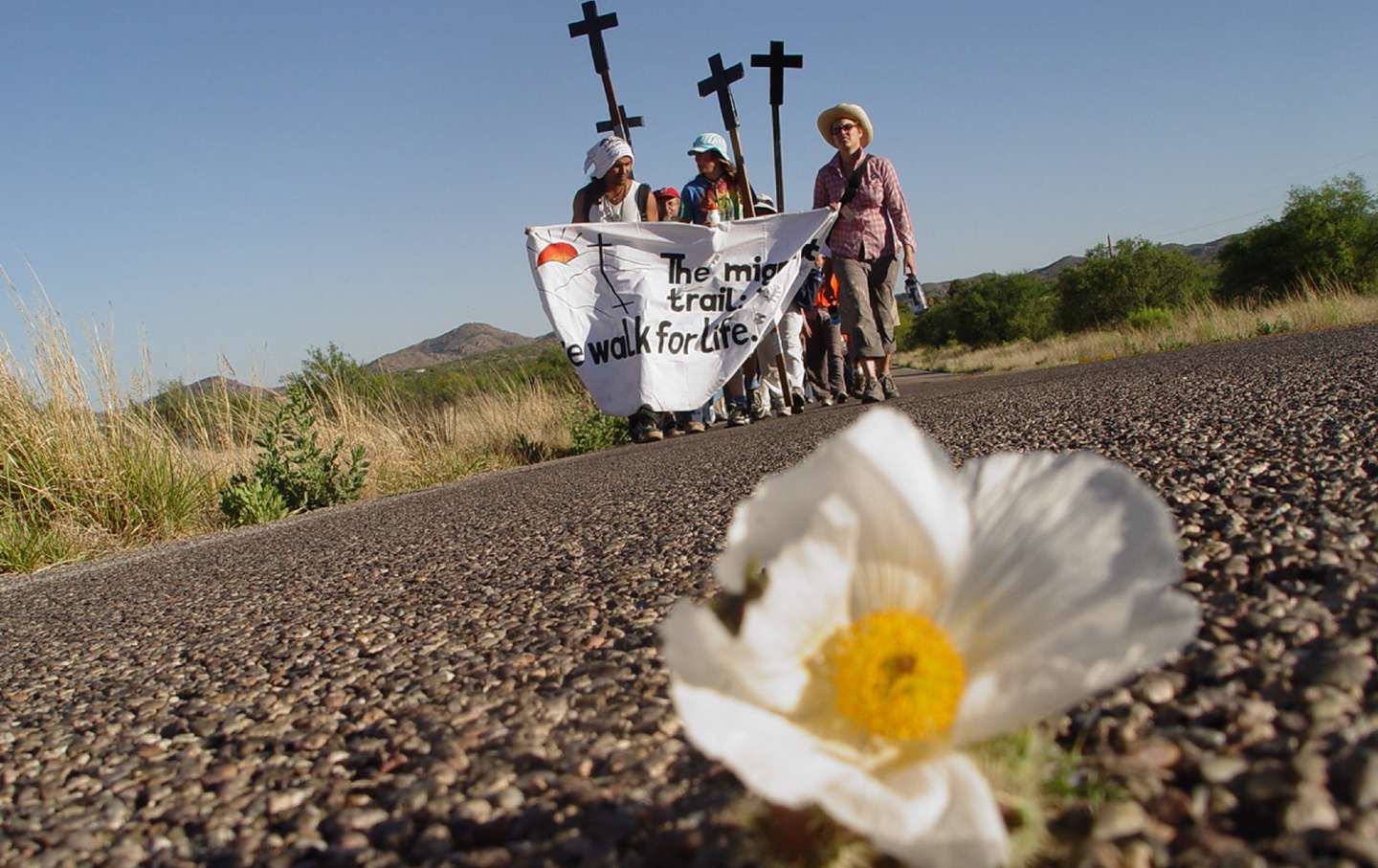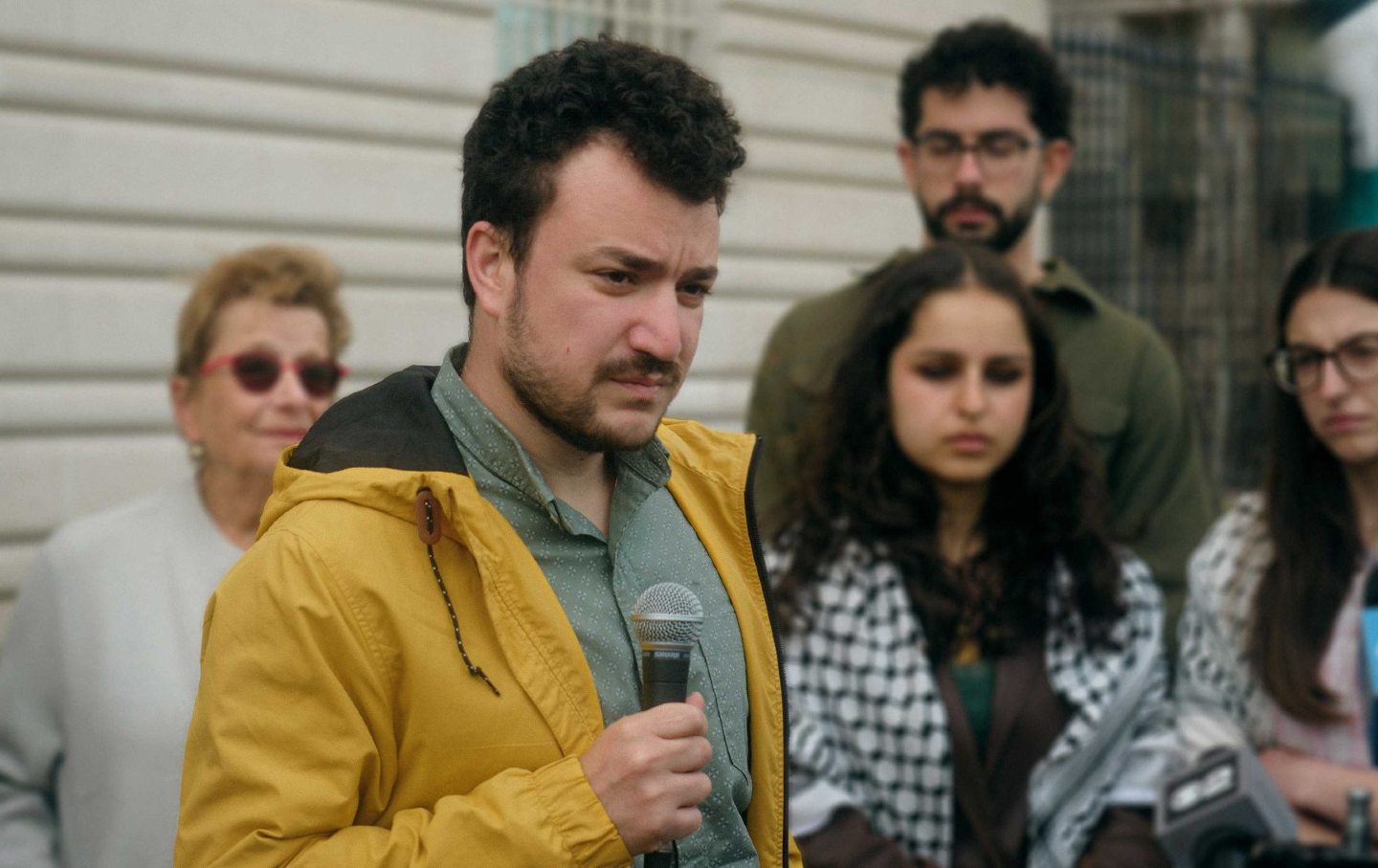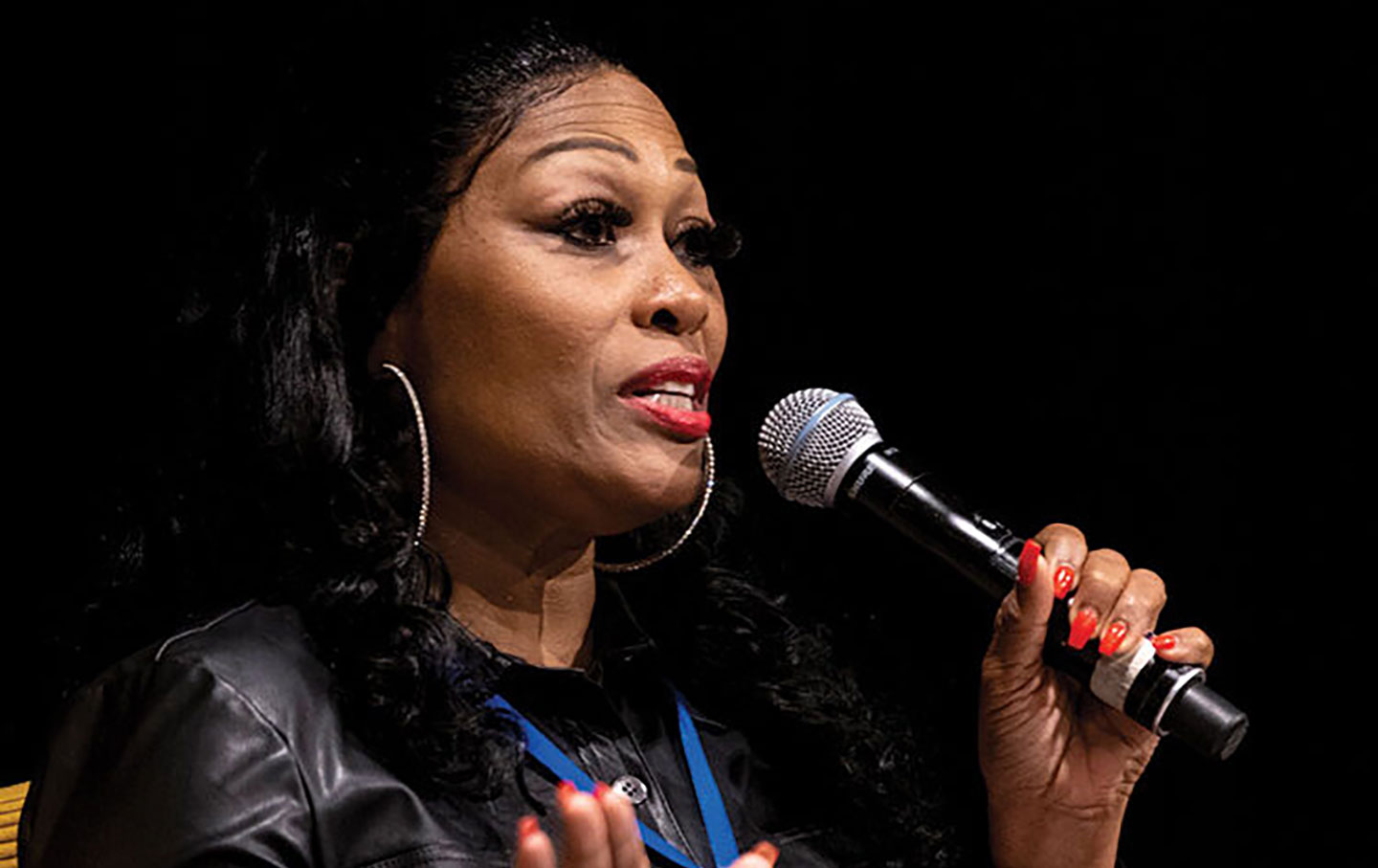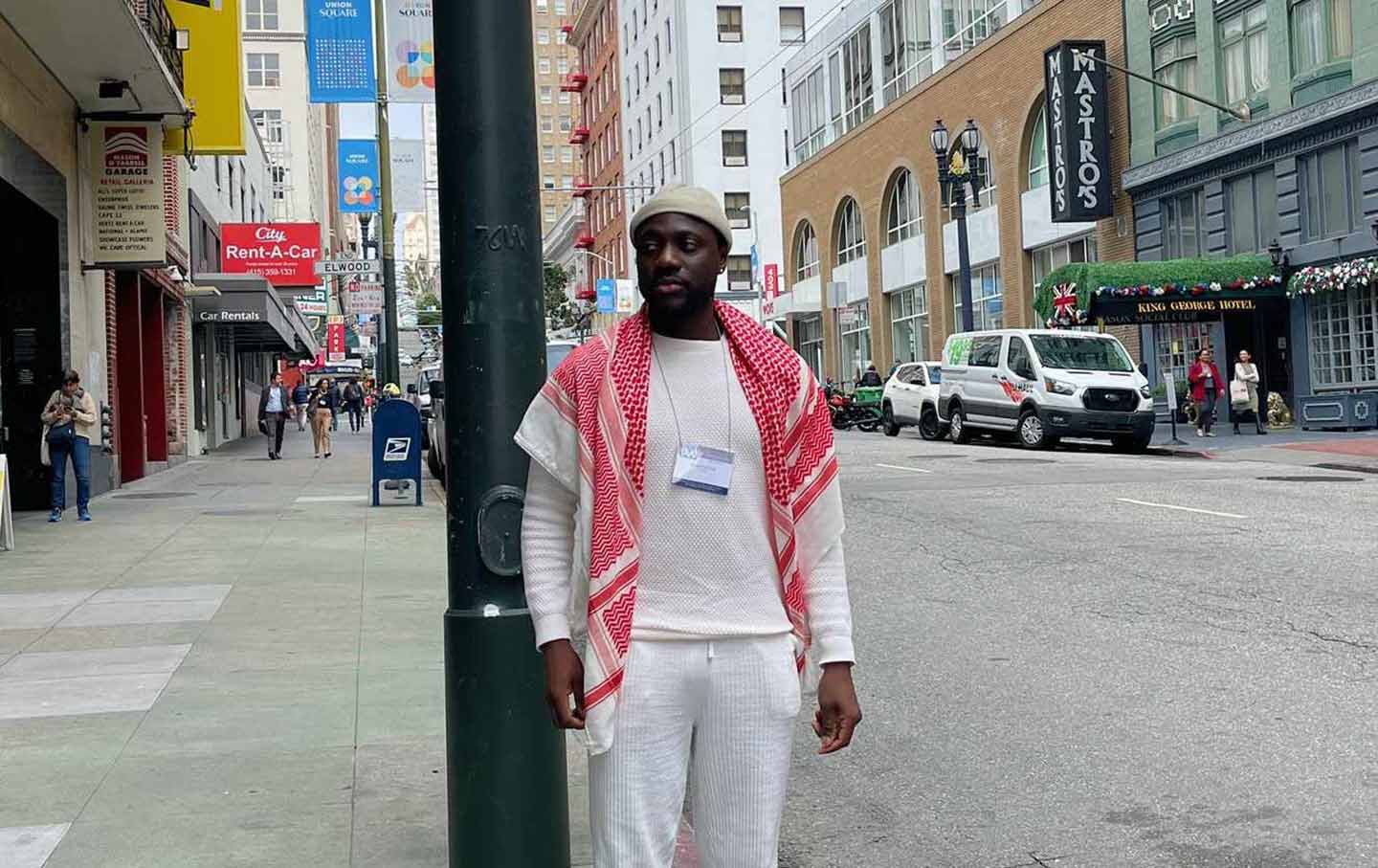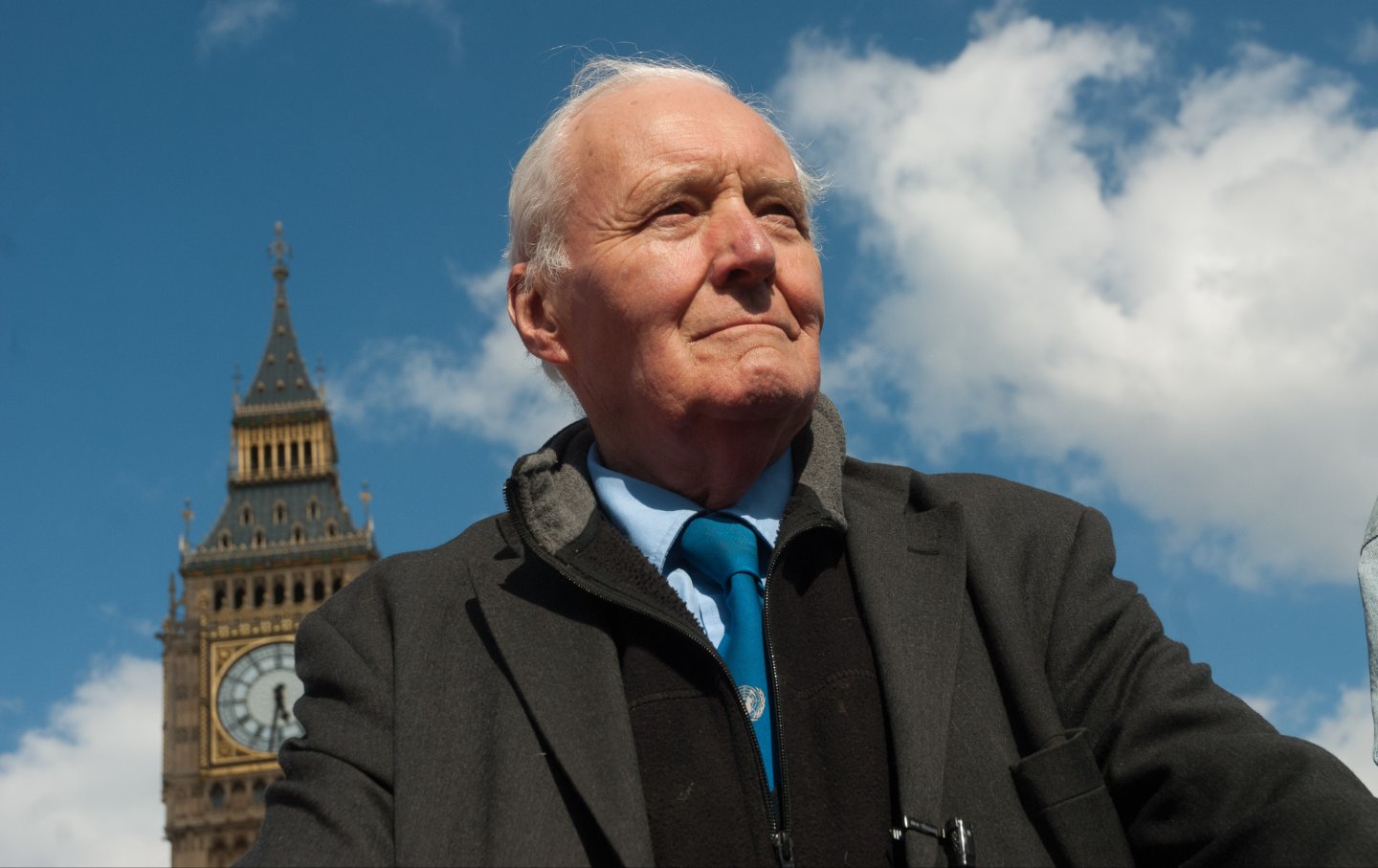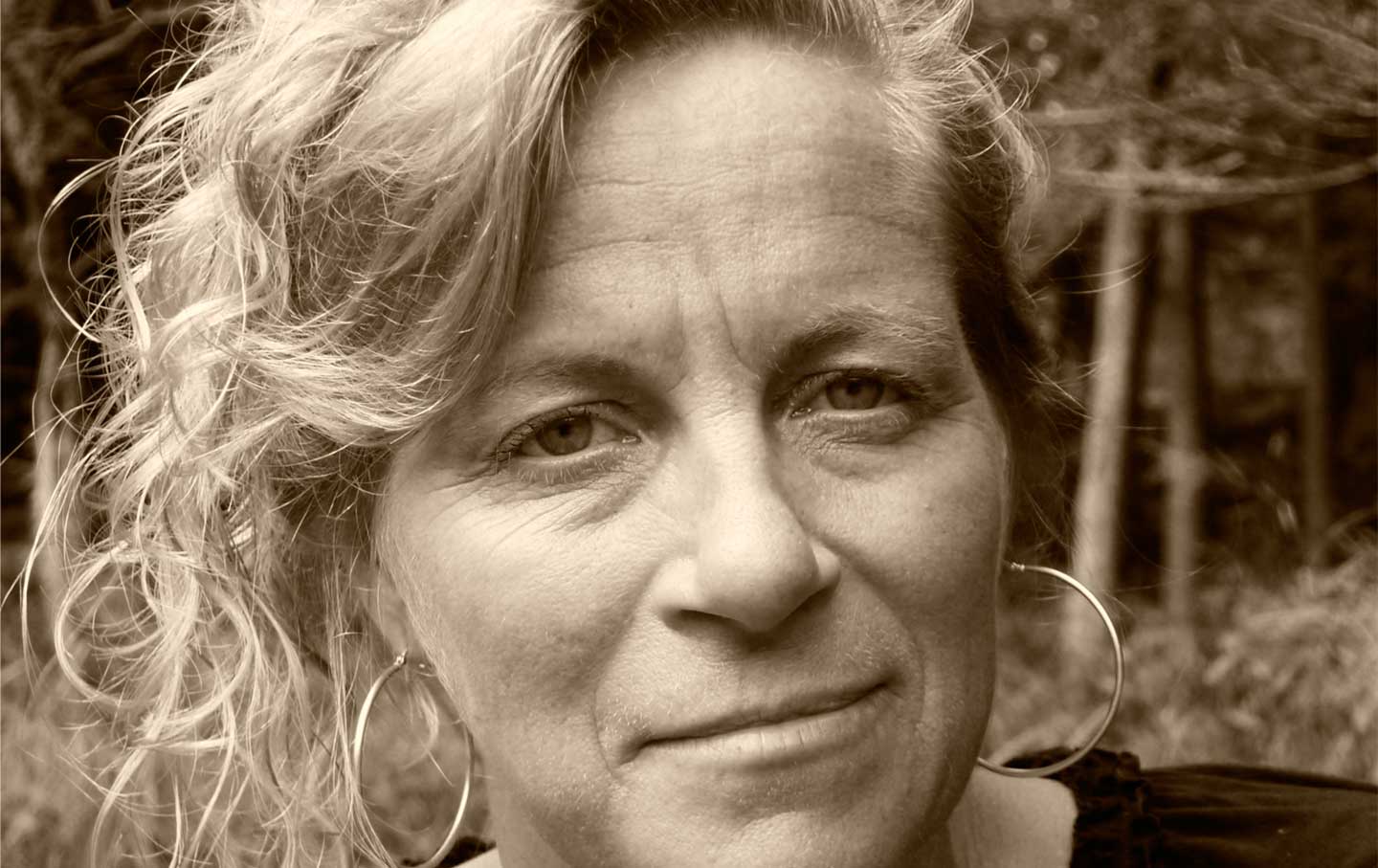
When I was in my early 20s, I lost a union campaign for the first time. I was organizing carwasheros in New York City—workers who often labored for 70 hours a week, and sometimes more, in horrifically unsafe conditions for less than minimum wage. At this particular car wash, I hadn’t prepared the workers to build an organization capable of withstanding the immense fight their employer would put up against them. The workers were righteous and their boss was in violation of city, state, and federal laws. But it didn’t matter. The workers began crumbling under pressure, fighting with each other, breaking along the racial and national divisions their boss encouraged. Without strong enough organization, the workers stopped their campaign before an election ever took place. They had believed they could improve their lot collectively, and now they had been proven wrong. I had set them up for defeat, and I was crushed.
Shortly after things fell apart, I called Jane McAlevey, sobbing. She picked me up off the proverbial floor, and after we hung up, she sent me a text message that I still have saved on my phone: “Class struggle is not easy. It is, however, urgent and ongoing.”
It’s odd to talk about losing in a remembrance of Jane—after all, she usually won. But I think it matters, because part of what Jane taught is that winning is not inevitable, and neither is losing. Jane was obsessed with winning, and teaching others to win. She understood that losing is actually worse than keeping the status quo, that there is no moral value in being on the right side if you lose, that there is no romance in defeat. She taught us that if we do the work necessary to win, we will learn to win more. She took the successful methods that a long tradition of organizers has used for decades, and figured out how to systematically teach them to thousands of people around the world (another thing that Jane taught us: scale).
This spring, as Jane entered hospice, college students around the country bravely stood together and occupied their campuses to demand divestment from genocide. Watching them, I thought over and over about what Jane taught me: that good organizing breaks open our world. When we build unshakable unity and solidarity, we see ourselves and each other differently, capable of courage and power we could have never imagined before.
It’s easy to think that when the right time comes popular movements are inevitable. Jane’s life work was teaching us that there is no need—and no time—to wait around for the perfect moment to come. Through diligent work, we can create the moment. We can build solidarity and organization that takes us to the moment we need. Jane’s life work was coaching us in how to create the conditions necessary to win, so that we could feel the power of unity and come back for more.
Jane had an ability to hone in on power and strategy like no one else. She understood that we need to know who we are fighting, exactly how much power it will take to beat them, and how we will get there. For those of us who were lucky enough to work closely with her, she showed us what that looked like on a daily level. She taught me to always think: What am I doing right now to build power? What will I do tomorrow to build power? What will I do next week to build power?
A quick survey of the current state of our world—increasing inequality, unchecked corporate power, climate catastrophe, systematic racism, rising fascism, the list goes on—is enough to tell us that the moment we are in is urgent. The good news that Jane taught us is that between us, we have enough to win, if we organize well. Because Jane believed, more than anything, in the agency of ordinary people to take action and win. Jane taught that regular people can act together to change our lives. And that if we don’t, we’re screwed. No one is coming to save us, but us. Luckily, we can be enough.
A decade after experiencing a campaign falling apart, I’ve been fortunate to be part of many successful, world-opening fights, learning from Jane and many others—fights that fundamentally shifted the balance of power, fights that showed us how the world can be different, and how much more we can win. I don’t know that I will ever accept Jane being gone. I do know, though, that her words will continue to guide me forward. Class struggle is not easy. It is, however, urgent and ongoing.
Hold the powerful to account by supporting The Nation
The chaos and cruelty of the Trump administration reaches new lows each week.
Trump’s catastrophic “Liberation Day” has wreaked havoc on the world economy and set up yet another constitutional crisis at home. Plainclothes officers continue to abduct university students off the streets. So-called “enemy aliens” are flown abroad to a mega prison against the orders of the courts. And Signalgate promises to be the first of many incompetence scandals that expose the brutal violence at the core of the American empire.
At a time when elite universities, powerful law firms, and influential media outlets are capitulating to Trump’s intimidation, The Nation is more determined than ever before to hold the powerful to account.
In just the last month, we’ve published reporting on how Trump outsources his mass deportation agenda to other countries, exposed the administration’s appeal to obscure laws to carry out its repressive agenda, and amplified the voices of brave student activists targeted by universities.
We also continue to tell the stories of those who fight back against Trump and Musk, whether on the streets in growing protest movements, in town halls across the country, or in critical state elections—like Wisconsin’s recent state Supreme Court race—that provide a model for resisting Trumpism and prove that Musk can’t buy our democracy.
This is the journalism that matters in 2025. But we can’t do this without you. As a reader-supported publication, we rely on the support of generous donors. Please, help make our essential independent journalism possible with a donation today.
In solidarity,
The Editors
The Nation

